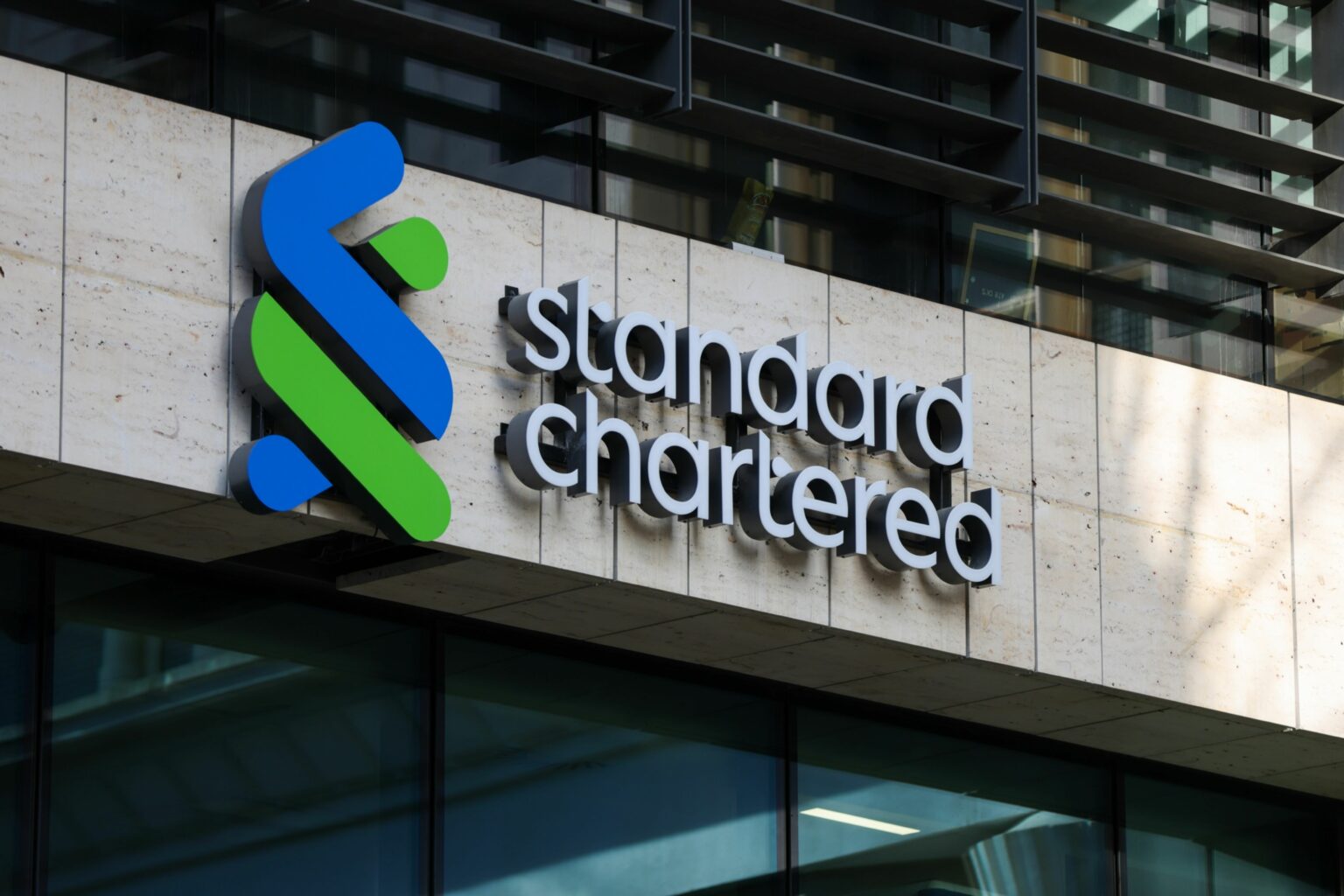SA plans tougher rules in wake of rand-rigging probe

South Africa plans to tighten up its regulation of financial markets, after a top bank admitted to taking part in manipulation of the rand.
Legislation will be introduced next year to widen oversight of trading in over-the-counter derivatives and foreign currency, the National Treasury said on Friday.
“Reforms already undertaken since the Standard Chartered misconduct between 2007 and 2013, as well as the additional reforms proposed, demonstrate government’s commitment to fair, transparent, and efficient financial markets,” it said in a statement.
Standard Chartered Bank agreed this month to pay a R42.7 million penalty to settle a multiyear probe by South African antitrust regulators focused on the lender’s participation in an alleged cartel to manipulate the value of the rand.
South Africa’s ruling African National Congress said last week that banks found to have manipulated the currency should be charged with economic sabotage.
The probe confirmed Standard Chartered traders helped each other by “allowing a trader with a large open risk position to complete his trades first before trading and through holding and/or pulling their trades to reverse liquidity for each other,” the Treasury said.
It noted that other banks under scrutiny by the commission had denied wrongdoing and continue to challenge the allegations.
The Treasury said the malpractice wasn’t to blame for a slide in the rand, which has fallen 47% against the dollar in the past decade amid concerns over crime, corruption and economic stagnation.
“Whilst the wrongdoing described by the Competition Tribunal harmed individual clients, it would not have influenced the depreciating trend of the currency since 2013, the level of which is driven by broader changes in the global and domestic economy,” it said.
The currency-manipulation saga started in 2015, when the country’s Competition Commission alleged that banks including JPMorgan Chase & Co, BNP Paribas SA, Bank of America Corp and Investec colluded to rig the value of the rand against the dollar.
The inquiry followed a global probe into currency manipulation that was exposed two years earlier, triggering investigations in the US and the UK, and resulting in billions of dollars in settlements.

